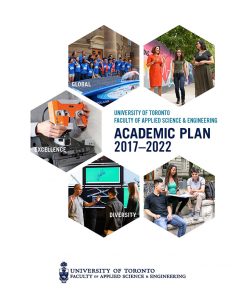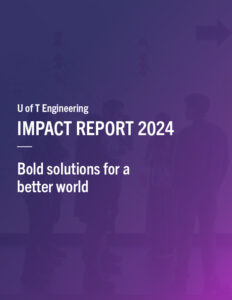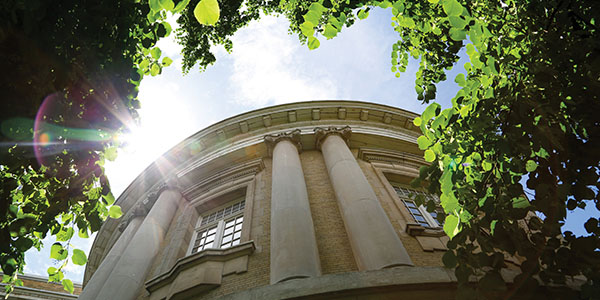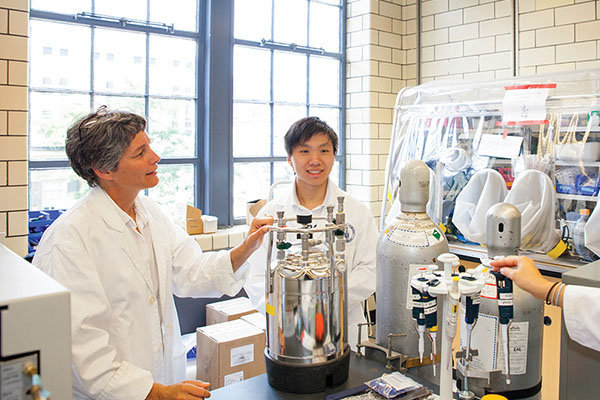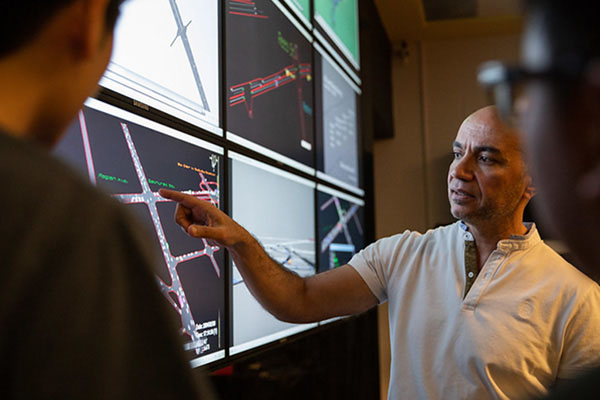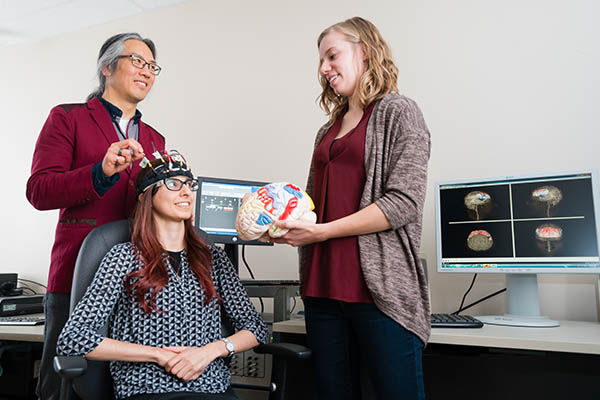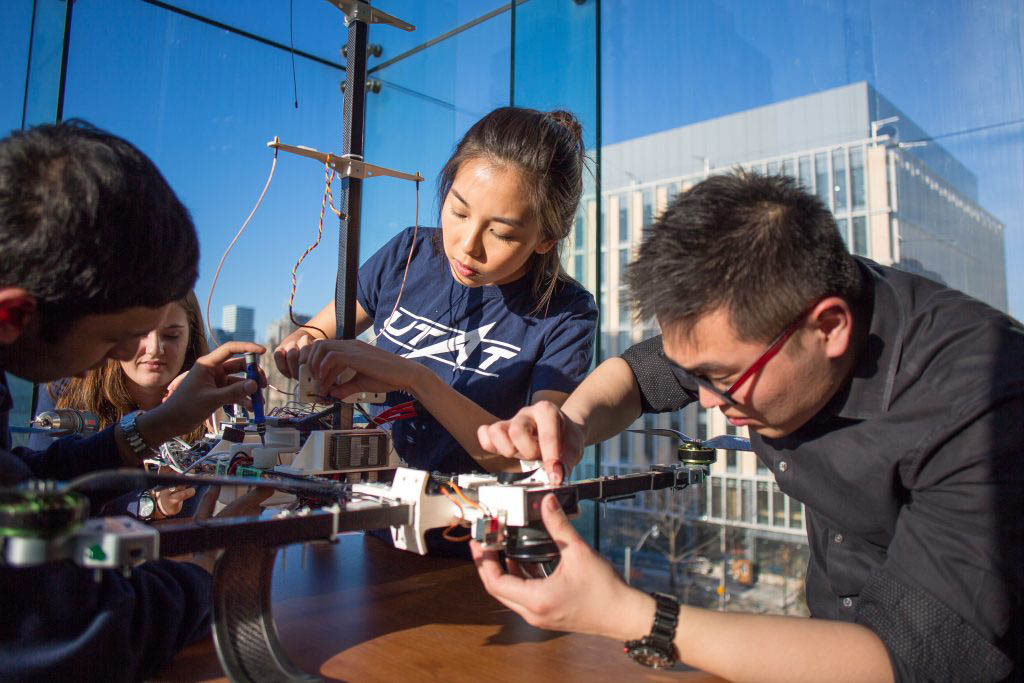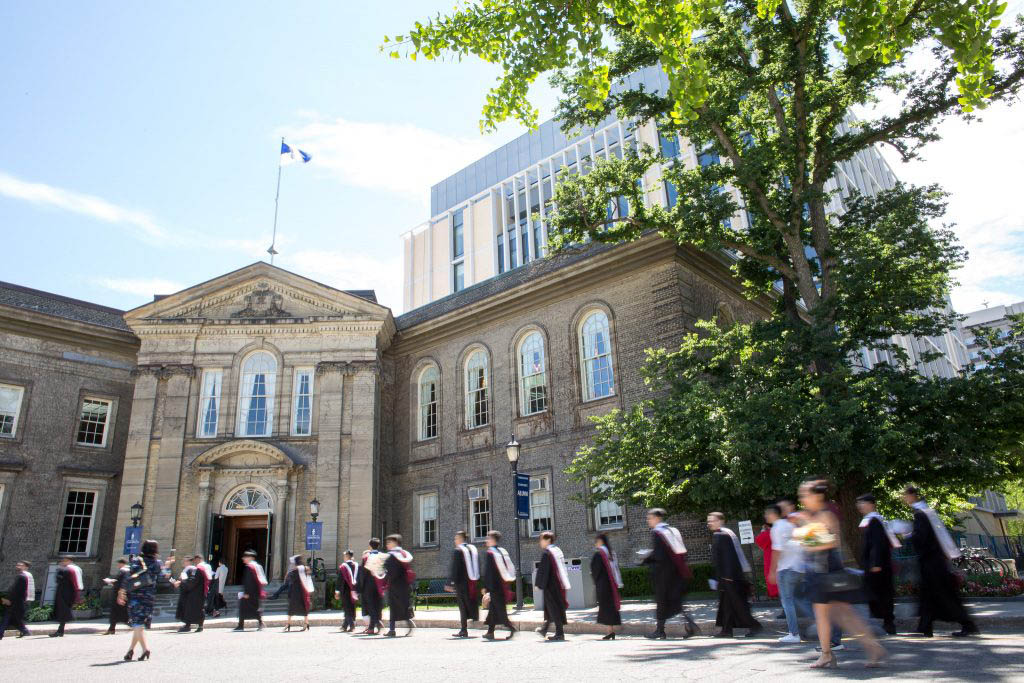Register for the online event >>
2019-20 AEESP lecture
Co-hosted with CivMin, York & Ryerson
Abstract
In the Rocky Mountain watersheds, weathering of disseminated pyrite in the country rock and in mining workings generates acidic, metal-enriched water that drains into streams and rivers. This overall process is referred to as acid rock drainage (ARD). ARD is a long-term and pervasive environmental problem in the Rocky Mountains and the Sierras, which provide water supply for communities and agriculture throughout the south western US. Contamination has not abated since the mining boom ended about 70 years ago, largely because these contaminants are continuously generated from the exposure to oxygen of pyrite in the mine workings and tailings. Typically these streams have high dissolved concentrations of toxic metals, such as Zn, Cu, Cd and Pb, and their streambeds are covered with iron and aluminum oxides. These streams and rivers support species-poor aquatic ecosystems, and fish are typically absent. A study in an ARD stream system that drains into Dillon Reservoir, a water supply for Denver, Colorado, has found that acidity and concentrations of metals and rare earth elements have been steadily increasing in the summer and fall over the past several decades. Another trend is that mountain resorts have been pursuing a “four seasons resort” approach to adapt to changing climate, and less reliable winter snowpack for skiing. ARD thwarts these plans by constraining the use of stream water for snowmaking and impacting summer recreation, such as fishing and rafting. In addition to general environmental concerns, this situation has focused attention on remediation of abandoned mines which is inherently challenging, as illustrated by the difficulties in remediating the Gold King Mine near Durango, CO. One issue for state and federal agencies and watershed stakeholders’ groups is determining which of the many abandoned mines in a catchment are the main ARD sources, and which of these are suitable for remediation. Addressing the ARD problem in mountain catchments will require a convergent research approach that integrates understanding of hydrology, water quality and aquatic ecosystem processes within a regulatory and water resources framework.
Bio
Diane M. McKnight is a Professor in the Department of Civil, Environmental and Architectural Engineering, a member of the Environmental Engineering program faculty and a Fellow of the Institute of Arctic and Alpine Research at the University of Colorado. Her research focuses on the coupling of hydrology and water quality in streams and lakes, and the consequences for aquatic ecosystems and water supplies. She began her career as a research hydrologist with the U.S. Geological Survey, studying the biogeochemistry of lakes in the blast zone of Mt. St. Helens and acid mine drainage streams and pristine alpine lakes in the Rocky Mountains. She participated in designing ecological aspects of the National Water Quality Assessment Program of the USGS. Since 1992, she has conducted research on stream ecosystems as part of the McMurdo Dry Valleys Long-Term Ecological Research (MCM-LTER) project in Antarctica. She has been President of the American Society of Limnology and Oceanography and editor of Journal of Geophysical Research-Biogeosciences. She served as the Chair of the Editorial Committee for the LTER Schoolyard Children’s Book Series and authored the second book in the series. She is a fellow of the American Geophysical Union, a member of the National Academy of Engineering and received the John Dalton Award from the European Geophysical Union in 2015.
Register for the online event >>
View the complete 2020-21 LLE schedule >>
Should you have any questions or require accommodation to attend the event, please email amanda.hacio@utoronto.ca.

